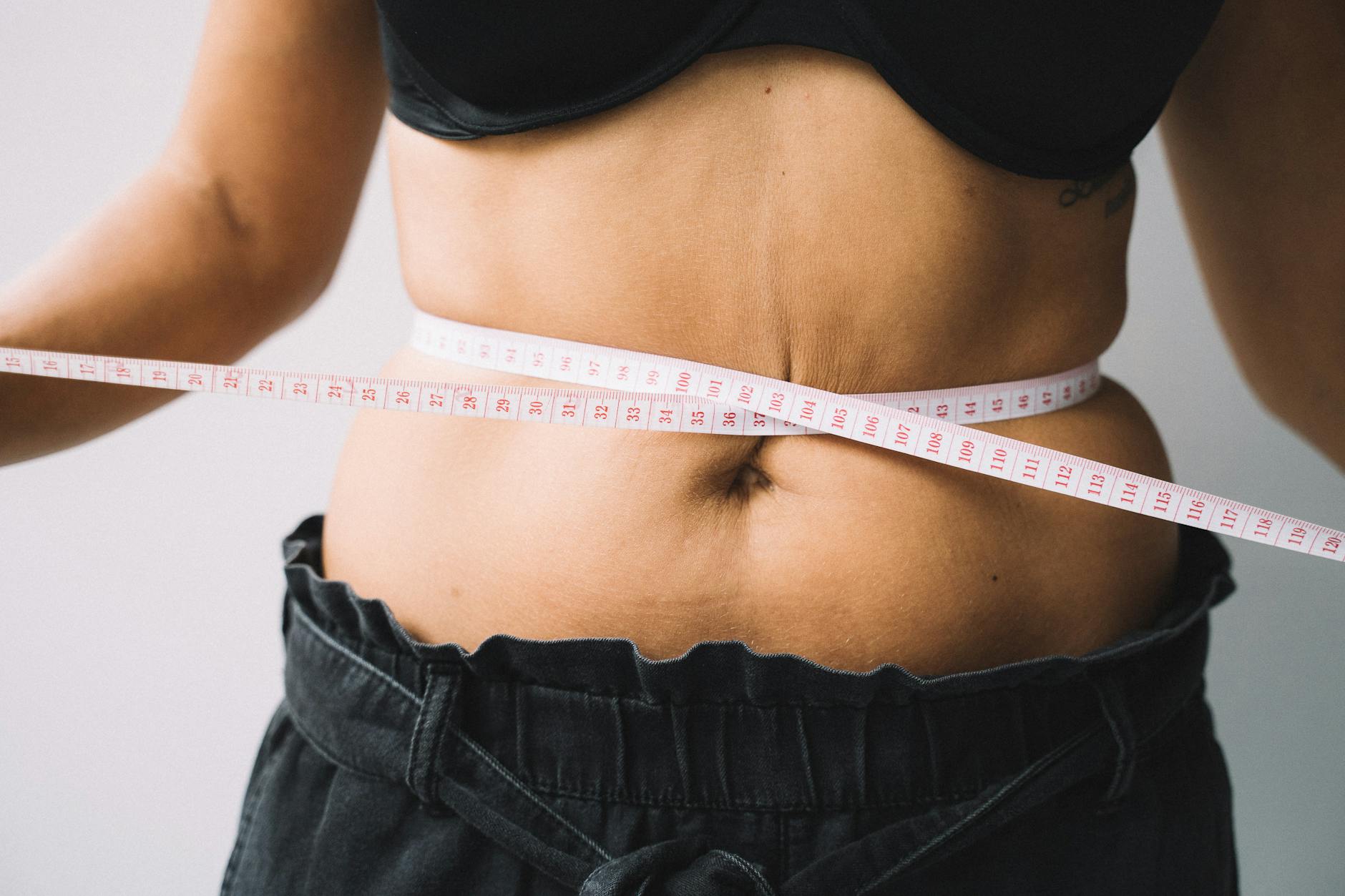If you’ve begun taking probiotics, you may be wondering what indications indicate that they’re working.
Here’s how to determine whether your probiotics are actually working.
People use various supplements for a variety of reasons, with the goal of achieving a certain health outcome.
Many people use probiotics to treat digestive problems like diarrhea, constipation, and stomach pain. That being said, different strains of probiotics have a variety of benefits, such as improving gastrointestinal (G.I.) health and reducing bacterial infections, and researchers are only beginning to explore their full potential.
And while probiotics can help your gut and overall health in a variety of ways, everyone’s needs are unique, and some formulas may be more useful to you than others.
So, if you’re wondering if you’re taking the right probiotic, here are some significant indicators that it’s (or isn’t) working for you.
Signs that probiotics work
Melissa Prest, D.C.N., R.D.N., national media spokesperson for the Academy of Nutrition and Dietetics and member of the Prevention Medical Review Board, believes that symptom improvement is the most important evidence that your probiotics are working. “Many patients will start taking probiotics to treat G.I. symptoms such as gas, bloating, diarrhea, and constipation. If you’re feeling better and experiencing fewer symptoms, you know the probiotics are working.
More specifically, here are several significant signals that your probiotics are effective:
Less abdominal ache.
Keri Gans, M.S., R.D., author of The Small Change Diet, claims that if your supplement is effective, you may notice less bloating and gas. According to one study, some probiotic supplements can alleviate abdominal pain in certain persons with irritable bowel syndrome (I.B.S.).

Reduced bloating and gas.
If your probiotics are working, you may notice less bloating and gas, adds Gans. Similar to how probiotics can help remove G.I. symptoms by increasing the diversity of the gut microbiome, they can also reduce fermentation and bloating caused by an unfavorable gut bacteria balance.
However, some studies suggest that taking larger amounts of probiotics may temporarily worsen these symptoms, especially when your stomach adjusts to the bacteria you’re eating.
Reduced bowel inflammation
Because probiotics serve to maintain a healthy gut biome, people suffering from inflammatory bowel disease or other inflammatory illnesses may find relief after taking them.
Although the exact mechanism for how probiotics may help reduce I.B.S. symptoms is uncertain, research has revealed that probiotics’ impacts on gut bacteria changes appear to play a role.
Increased consistency in bowel motions
According to Gans, another indicator that your probiotics are working is that your constipation has improved and you have a more regular bowel movement schedule.
One study discovered that probiotics can help reduce functional constipation in older adults, albeit the effects were most noticeable after 71 days of treatment.
Better sleep
If you’ve experienced an improvement in your sleep, your probiotic could be doing its job. According to research, the gut microbiota and mental health, including depression and anxiety, can have an impact on sleep. Probiotics have the potential to assist people with mood disorders lessen symptoms and enhance their sleep, but further research is needed.
Better vaginal health.
Women who use probiotics may have a reduction in the intensity, frequency, and recurrence of bacterial vaginosis, a common infection that affects around 30% of women of childbearing age in the United States. Probiotics have been demonstrated to assist your body in boosting its immune system and combating a variety of gynecological diseases.
Signs Your Probiotics Aren’t Working
It may sound obvious, but you’ll be able to tell if your probiotics aren’t functioning simply by how well you feel. “If there is either no effect after a given period of time or symptoms, such as gas, bloating, or irregularity, are worsening and have not abated,” says Tarun Sharma, M.D., gastroenterologist with Gastroenterology Associates of New Jersey.
Gans concurs that if none of your symptoms improve, “chances are that the probiotic you have chosen is ineffective for you.”
Here are some additional reasons why your probiotic isn’t working for you:
- You’re taking too few CFUs.
- You are not taking it correctly (with a meal or on an empty stomach).
- You’re taking the wrong strain. Not all strains are effective for every condition or individual’s needs.
- You didn’t store your probiotics correctly. Probiotics can be negatively affected by humidity, heat, and light. Many must be kept cool and dry, while others may require refrigeration.
What to do if your probiotics don’t work?
If you’ve been taking a probiotic for a while and haven’t seen any positive outcomes, Dr. Sharma recommends telling your doctor which probiotic you’ve tried and how long you’ve been using it. “If there is no noticeable effect after, consideration should be made to stop the probiotic and try a different one,” according to him.
Just because one type of probiotic does not work for you does not imply that none will. According to Prest, you may need to experiment with different probiotic types or dosages to determine what works best. “There are various varieties of probiotics, and some may be more effective for your unique needs. “The two most common strains are Lactobacillus and Bifidobacterium,” she says.
Gans concurs, stating that “there are many different strains and species within a probiotic that could make a big difference in whether it is the right one for your symptoms.” If the one you choose does not work, you can conduct some research and try another type.” It would be beneficial to consult with your primary care physician or registered nutritionist, as a probiotic may not be effective for everyone, she recommends.
How long do probiotics take to work?
The time it takes to get symptom relief from your supplement is determined by a number of factors, including the type of probiotic and the dosage. Having said that, probiotics may begin to act as early as 3 to 4 weeks, but it may take 8 to 12 weeks to see any significant effect, according to Dr Sharma.
Prest adds that it can also be determined by the issue or disease and its severity. “People with minor symptoms may start to see symptom relief as early as two days, and people with chronic digestive conditions or more severe symptoms may not see symptom relief for weeks.”

What probiotics are best for you?
Before you start hunting for a cure for all of your G.I. ailments in the supplement aisle, Prest recommends that you start by consuming foods that contain probiotics.”
Yogurt, cottage cheese, kombucha, kefir, sauerkraut, and fermented foods are good options.” If you are still experiencing symptoms, she recommends that you talk to your doctor about taking a probiotic supplement.
Dr. Sharma recommends choosing a probiotic that contains different strains of bacteria, especially species such as lactobacillus and Bifidobacterium. “It may be beneficial to look at probiotics that have a larger Colony Forming Units (CFU) count, in the range of 10 to 30 billion,” the researcher says.
Furthermore, he suggests that looking at well-known branded medications with third-party verification or those that have been used in clinical trials may be more effective overall.
To Conclude
Dr. Sharma points out that there is no such thing as the perfect probiotic. “One probiotic may work well for an individual, whereas another probiotic works better for someone else.”
Probiotics are not recommended or necessary for everyone. He recommends that you consult with your doctor to see whether a probiotic could help with your condition’s treatment or management.
